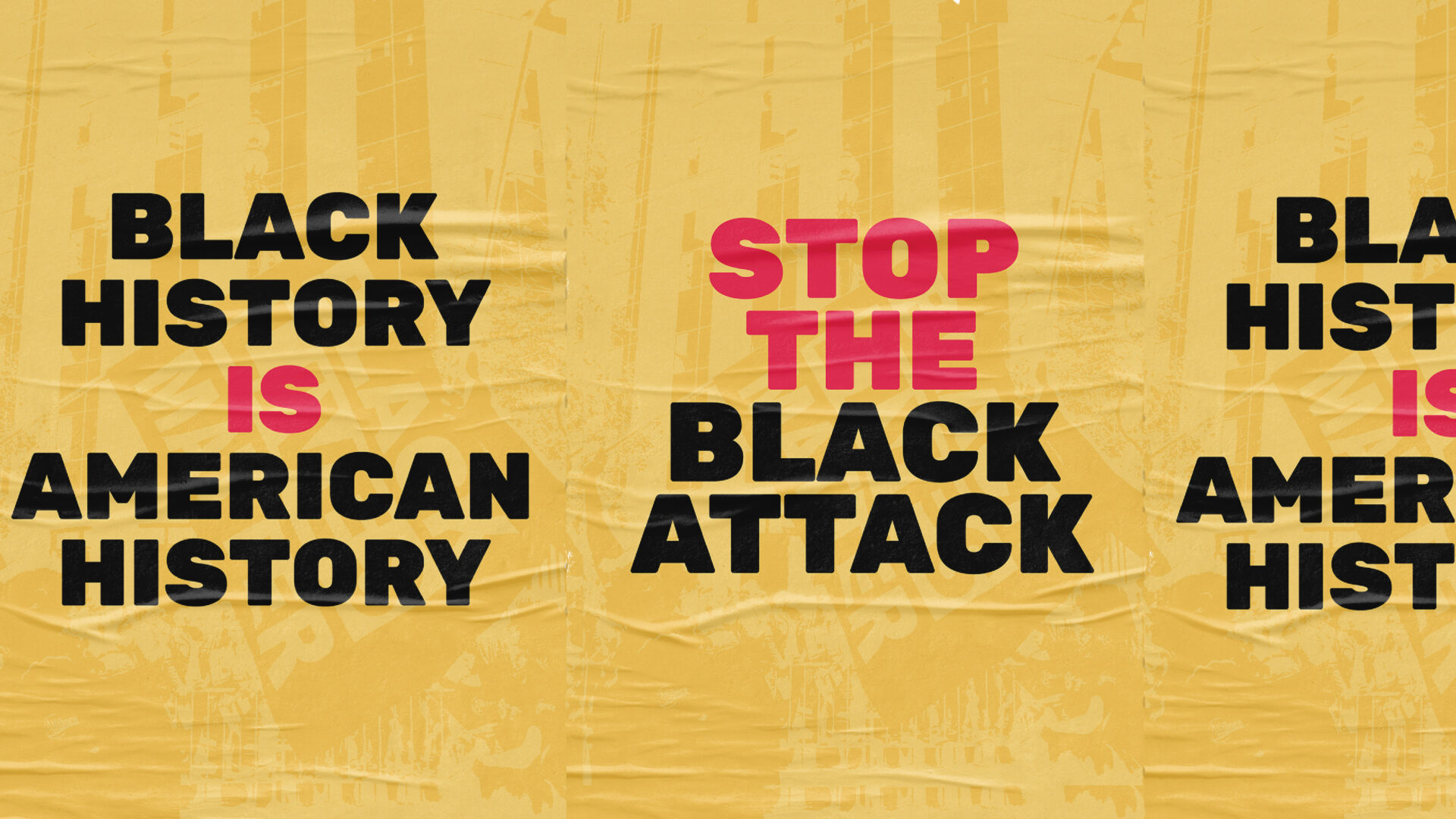
If you asked most Americans what Critical Race Theory (CRT) is before 2020, they would have given you a blank look. Now, the term has spread like wildfire fueled by conservatives who have formed misconceptions about the term calling it “activist indoctrination” and “woke ideology.”
Debates over CRT have turned schools into battlegrounds with parents refusing it to be taught to their children, teachers in danger of losing their jobs, and books banned that discuss race and gender equality. Florida governor Ron DeSantis has spearheaded efforts to restrict in-school discussion about racism, oppression, and LGBTQ+ issues, passing the ‘Stop Woke Act’ and ‘Don’t Say Gay’ bills last year. The governor is making headlines after announcing his decision in January to ban AP African American studies from being taught in Florida’s public schools. His reasoning efforts are due to a “lack of educational value and contrary to Florida Law,” with other states following suit.
Pushback against understanding systemic racism is not new. For most of American history, there has always been resistance towards learning about diversity, equity, and inclusion. As Civil Rights Activist and UCLA professor Kimberle Crenshaw said on Twitter, “When there is progress, there is always retrenchment. There is momentum behind anti-racist and intersectional frameworks to help American students understand history and make sense of justice.”
CRT, taught in university settings, is a framework used to understand how systemic racism impacts society and how we all indirectly or directly fuel racism. According to the New York Times, the use of CRT in K-12 schools sparked when teachers saw a need to explain racial structures to their students after the killing of George Floyd in 2020 incited outrage and protests around the world. However, opponents of CRT don’t find systemic racism unbelievable but a catch-all for issues relating to diversity and equity. They believe CRT is divisive and meant to make white people feel bad about themselves.
Speaking to the state’s board of education last June, DeSantis said, “The woke class wants to teach students to hate each other, rather than teaching them how to read.” Though critics claim that theory is discriminatory, advocates of CRT argue that it helps us to evaluate how current laws and policies reinforce racial inequities and ways to change them.
Several students have spoken out against DeSantis’ policies to ban CRT and African American studies, seeing it as a major setback in their education. Michelle Rodriguez, a political science student, said, “It’s a clear indicator that he [DeSantis] does not care about marginalized groups in Florida.” Andrea Romeo, a student at FIU, also spoke out saying, “The moment that you put a band on inclusion and for people’s creativity to flourish, you’re putting a band to the future.”
Educators also expressed their outrage at DeSantis’ decision to suppress African American history in the classrooms in an open letter signed by 200 African American Studies faculty in higher education. The letter reads, “The contention that an AP curriculum in African American studies ‘lacks educational value’ is a proposition supported by white supremacist ideology because it fundamentally demeans the history, culture, and contributions of Black people.”
American novelist, Francis Prose, writes in the Guardian about the detrimental effects Florida’s laws to suppress African American history will have on students. She says, “Without being taught to distinguish truth from fiction, without being asked to think, without learning how this country evolved…our students will be easy prey to every conspiracy theory that comes along. They will find it far more difficult to imagine and implement the important ways in which we hope to become a more equitable, less racist – and better educated – society.”
Despite DeSantis’ ban to limit the teaching of racism and black history, many organizations and educators are fighting back against this decision by providing opportunities for students to learn about Black history. One such organization is the Association for the Study of African American Life and History (ASALH), which is committed to teaching Black students about their history and culture against those fighting to suppress it.